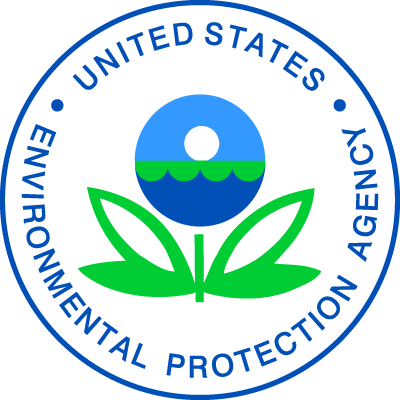PORTLAND, Ore. — We're all spending more time indoors lately and you’re probably using some of that pent-up energy cleaning your home, scrubbing floors and disinfecting counter tops, doorknobs and other touch points.
But have you thought about the air you breathe?
"We spend more time in our homes, than whales spend submerged beneath the surface of the ocean," said Dr. Richard Corsi of Portland State University, who has studied indoor air quality for 30 years. "The average American lives to 79 and spends 70 of those 79 years inside buildings."
So it's a good time to look at ways we can improve that inside air.
How about plants? Nope: They may look nice and their lush green might provide a calming influence, but they won't make a big difference.
"If you take the data that looks really good on the charts that people publish for plants, and you take that data and you do an analysis of it and say what would happen with one plant in a house, nothing happens. You need about a thousand plants in a bedroom to actually be able to measure the difference in air quality," Corsi said.
How about those fancy portable ionizing devices — remember the trendy Ionic Breeze? Turns out they're great, but only at cleaning a tiny amount of air.
"They just don’t move enough air through their systems to be largely effective," Corsi said.
So what can you do? For starters, portable high efficiency particulate air (HEPA) filter systems offer pretty good air filtration.
Learn more about HEPA filters here from the EPA.
"Viruses never exist on their own in air — we don't think so — so the virus is embedded in droplets. If you have a HEPA-based air purifier that has a CADR above 250 to 300 CFM that's a high enough CADR (Clean Air Delivery Rate) that you're going to substantially drop the particle levels," Corsi said.
For a whole house solution, there are in-duct UV systems that if used properly show some promise, experts say.
There are also ionizing systems on the market. They’re expensive and the experts we talked to say there's not enough published peer review to justify the cost for homeowners.
Far less expensive, Corsi said, is to replace your HVAC filter.
"MERV-13 filters can remove a fair amount of particles that contain viruses down to that size," he said.
The MERV rating system ranges from 1 to 16, and the higher the number, the more efficient the filter. Read more about it here from the EPA.
If you do wind up in the unfortunate circumstance of having to isolate someone in your home, upgrading your HVAC filters can help and adding a portable HEPA filter system can also help.
Corsi also recommends sealing off a room and creating negative pressure by putting a box fan in a window, pointed out.


